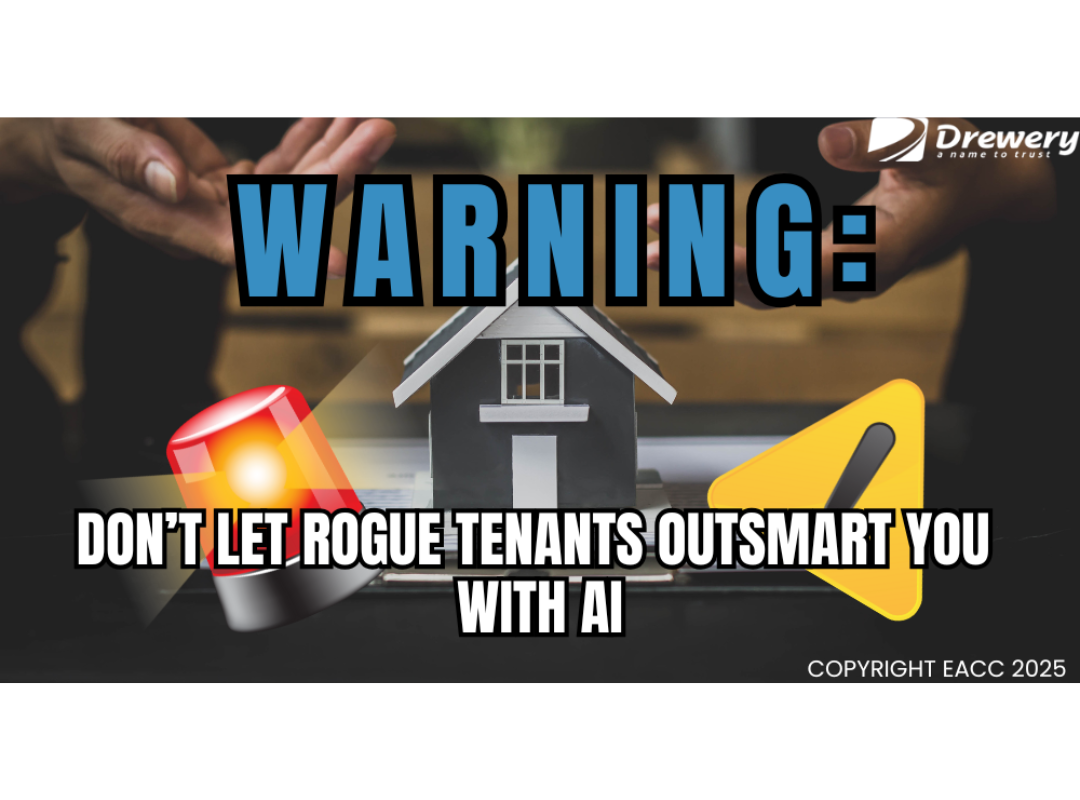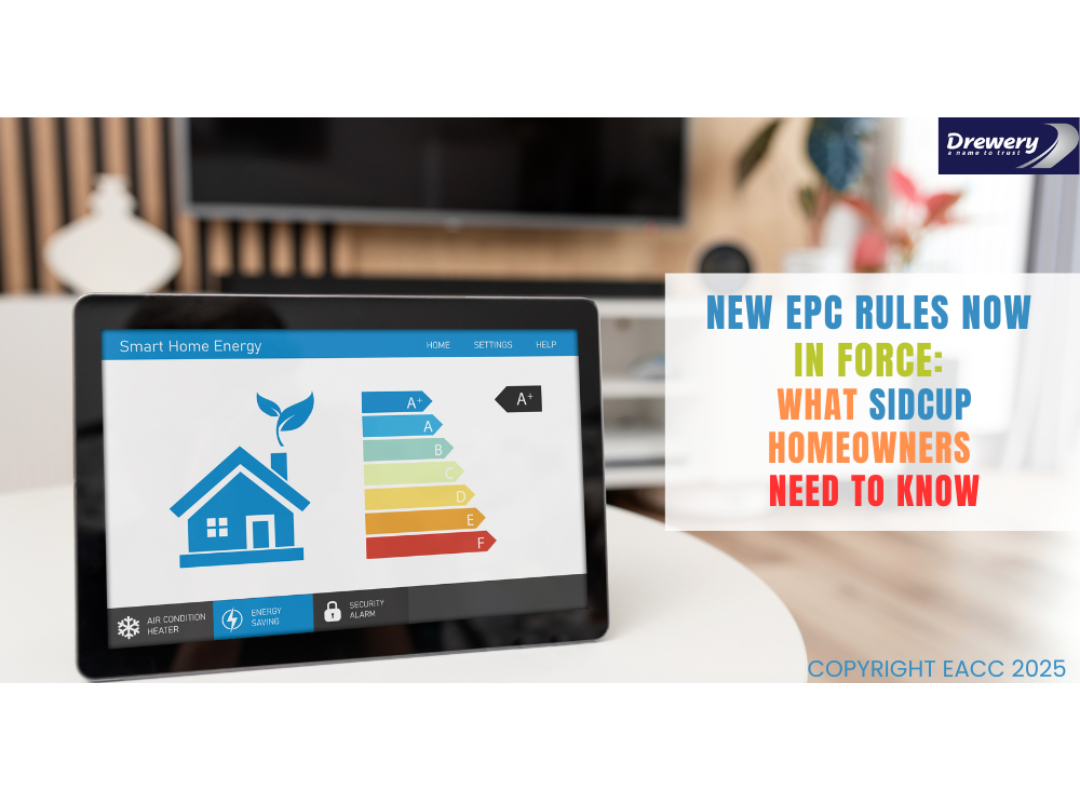Whilst taking on the role of landlord can be a great solution for those struggling to sell or looking for a quick fix, it requires much more than a spare set of keys for your new tenants.
We explain the pitfalls to watch out for and the best ways to keep both your property and tenants in safe hands.
Tell your mortgage provider
Firstly, get in touch with your mortgage lender once you've decided to rent your property. The fine print on your mortgage agreement will show you that you are in fact legally obliged to tell your provider that you are renting your property out.
Negotiate and see if your lender is willing to accept a change of tenure without you having to remortgage.
If your existing lender isn't willing to lend on a property that is rented out, you will have to remortgage on to a buy-to-let loan. If you discover you need to remortgage but are unsure about which deal to go for, an independent mortgage broker will be able to help. Whatever the case, it is likely you'll probably be charged a higher rate of interest.
Buildings and contents insurance – your responsibility
Maintaining buildings insurance is absolutely essential and will be required as part of your mortgage agreement. But it's also important not to forget contents cover.
The temptation for homeowners new to renting out is to assume that their tenants will have contents insurance (which they should). But as a landlord you will still need it too.
Why? Well, this is because even if you are letting your property out unfurnished, you will need to be covered for items such as carpets, curtains, kitchen and bathroom units in the event of a fire or accidental damage.
Furnished and partially furnished properties may need detailed contents insurance – possibly with extras – should any valuable possessions or expensive furniture remain in your property in your absence.
A standard insurance policy probably won't cover you if your former home is rented out but there are a number of specialist landlords insurance providers, offering buildings and contents cover, who will also provide landlord liability insurance.
This is something many people will overlook, but which, if you have tenants in your property, is worth having. As the landlord you are responsible for the safety of your tenants. Landlord liability insurance protects you should any harm come to your tenants while residing in your property including damages and legal costs in case a tenant is injured or dies as a result of a fault in your property. Don't forget to update it for every year of tenancy.
EPCs – Energy Performance Certificates
Landlords are legally required to have Energy Performance Certificates (EPCs). These certificates tell you how efficient your home is based on bands from A-G – the most efficient homes, in band A, should have the lowest fuel bills.
Safety certificates and precautions
If you are renting a property furnished check that furnishings comply with fire and safety regulations. The Landlord and Tenant Act of 1985 requires landlords to ensure electrical installations are safe when the tenancy begins, and landlords are obligated to ensure that electrical appliances are safe. It is also a requirement of law that checks are carried out on gas appliances and flues annually. Look for a Gas Safe (CORGI) registered engineer to carry out the checks.
Fire exits, smoke alarms and extinguishers – your property is no longer a private dwelling and as such has to comply with fire safety. Your local fire service may be able to arrange a check and ensure all you adhere to safety standards. Private landlords in England are required to install and check smoke alarms and carbon monoxide alarms in their properties before each tenancy.
Going through an agent – the pros
If managing the property yourself proves to be too time-consuming and inconvenient, using the services of a lettings agent may be an option. An agent will find you tenants, carry out viewings, handle deposits and check references, as well as manage your property.
A tenancy agreement
Once you have found a potential tenant, you need to carry out security and 'right to rent' checks. You should carry out a credit check, which will help to verify not just that the tenant will be able to pay the rent, but that he is who he says he is. Ask for references and have them checked. If you want to find a tenant quickly it is tempting to cut corners, but remember: it is you who will ultimately pay the price if you end up with a tenant from hell.
If you are not confident about carrying out referencing checks yourself, many Lettings Agents offer this service separately, so it may make good housekeeping to get them to do it on your behalf.
If you are using a Letting Agent, it is still worth doing the viewings yourself, so that you have at least met the tenant.
Most mortgage lenders insist that you have an assured shorthold tenancy agreement (AST) in place if you let a property. Often contracts run for 12-months but you can have clauses included such as a break clause for one or both parties after six months. Even if you are letting your property to someone you know it is still wise to get a contract signed by both you and your tenant – don't rely on an oral agreement as this can be difficult to enforce once your tenants have moved in.
Deposit – no one's until the end of the lease
Landlords are no longer entitled to hold on to deposits, so you need to find a tenancy deposit protection scheme to hold the money. You must be able to provide the tenant with details of the scheme within 30 days of taking the deposit.
The penalties for noncompliance with tenancy deposit protection are severe: a court can order a landlord to repay the deposit plus a penalty of three times the amount of the deposit.
Make renting pay – tax breaks
While buy-to-let is considered to provide a profitable income stream, it's also important to consider the impact that paying tax could have on profits. When it comes to understanding tax on buy-to-let properties, the rules are not as straightforward as simply paying a rate on the annual income generated. The number of rules and exemptions associated with paying tax can cause confusion with landlords both old and new.
You will need to submit an annual self-assessment tax form to declare your year's profits in time for the new tax year.
A landlord's income primarily consists of the rent they receive but it can also include money received from the tenant for any extras such as cleaning of communal areas, energy and gas bills, and repairs.
Although all landlords are expected to pay tax on their rental profits, the amount required will depend on the rate you pay for your business or employment. Your rental income will form part of your total annual income, meaning that the tax bracket you fall into will be calculated based on the two streams combined.
For more information, visit the HMRC website, or speak to an accountant or Tax Adviser.
Update – The tax relief that landlords of residential properties get for finance costs will be restricted to the basic rate of income tax, this will be phased in from April 2017.
The above are just some of many we consider important – there are many more a new Landlord should consider and we would be more than happy to run through these with you at any time. Call us on 020 8269 6600 or come and see us at 128 Station road, Sidcup, Kent DA15 7AF.
Have you downloaded our FREE letting eBook? 14 questions every landlord must ask when letting property – but most landlords do not ask them!:Do you follow us on Facebook? join us today for great daily posts click here
Read more articles: Why not read more of our articles on the Sidcup Property Blog click here
Speak to me: If you'd like to have a chat about anything in this article or property related, drop me an email at pj.long@drewery.co.uk – I'd love to hear from you.
Paul Long (Director & Author of The Sidcup Property Blog)







Share this with
Email
Facebook
Messenger
Twitter
Pinterest
LinkedIn
Copy this link